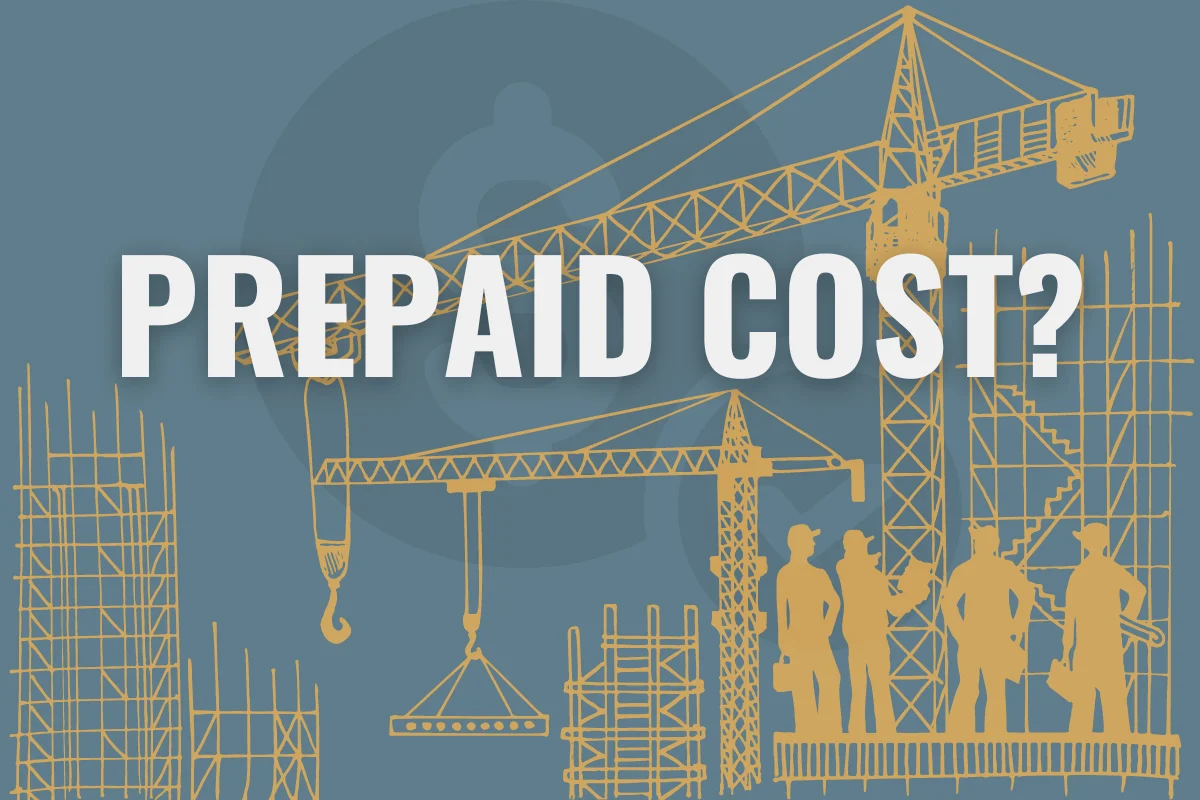Introduction
Understanding the financial aspects of buying a home is crucial for any potential homebuyer, especially in the competitive Northern California real estate market, which is characterized by high demand, limited inventory, and median home prices often exceeding $1 million in areas like the Bay Area.
One often overlooked aspect of the home buying process is prepaid costs. Let’s examine what these costs are and why they’re important.
What are Prepaid Costs for Home Buying?
Prepaid costs, sometimes referred to as “prepaids”, are expenses associated with buying a home that are paid in advance at the time of closing. These costs generally include:
- Homeowners Insurance Premiums: Homebuyers often need to pay the first year’s insurance premium up front.
- Property Taxes: Buyers may need to pay a portion of property taxes in advance, depending on the closing date and the tax schedule.
- Mortgage Interest: If you close on your home in the middle of the month, you’ll likely need to pay the interest that accrues from the closing date to the end of that month.
- Escrow Account Funding: Lenders often require an escrow account to cover future property taxes and insurance. At closing, you might need to deposit a few months’ worth of these expenses into this account.
Advantages of Prepaid Costs
Prepaid costs offer several benefits for homebuyers, particularly in Northern California’s high-cost real estate market.
Paying the first year’s homeowners insurance premium upfront may qualify for a discount with some insurers, though this varies, and ensures lender requirements are met at closing.
Prepaying property taxes, typically covering 1-6 months based on the closing date, reduces immediate out-of-pocket expenses after moving in. These payments also lower or eliminate the escrow portion of your monthly mortgage payment for the prepaid period, which is especially valuable in NorCal, where property taxes (1-2% of assessed value) and insurance premiums (often $2,000-$5,000/year for a $1M home) are substantial.
By budgeting for these costs upfront, buyers can manage their finances more effectively and avoid surprises, supporting long-term financial planning in a competitive market.
Popular Confusions
Prepaids Are Not Part of Down Payment
Prepaid costs are separate from the down payment. The down payment builds equity in the home, while prepaids cover upcoming expenses like taxes and insurance.
For example, in Northern California, a 20% down payment on a $1M home is $200,000, while prepaids might range from $10,000-$20,000, depending on taxes and insurance.
Impact on Monthly Mortgage Payments
Prepaying taxes and insurance reduces the escrow portion of your monthly mortgage payment for the prepaid period, typically 6-12 months, lowering your initial monthly costs.
In Northern California, where property taxes (1-2% of assessed value) and insurance premiums ($2,000-$5,000/year for a $1M home) are high, this can save hundreds per month temporarily, aiding budgeting. After this period, escrow payments resume to cover ongoing taxes and insurance, ensuring a stable financial plan.
Prepaids Are Not Closing Costs
While prepaid costs are paid at closing, they are distinct from closing costs, which cover fees for services like appraisals, title insurance, loan origination, credit reports, escrow fees, transfer taxes, recording fees, and notary fees.
In Northern California, closing costs often include city/county transfer taxes (e.g., $15 per $1,000 in San Francisco), totaling $15,000-$30,000 for a $1M home, separate from prepaids.
Common Mistakes to Avoid with Prepaids
In Northern California, where prepaid costs for a $1M home can range from $10,000-$20,000 due to high property taxes and insurance premiums, underestimating these expenses can lead to surprises at closing. Request a detailed Loan Estimate from your lender within three days of applying for a loan to understand these costs early.
Another mistake is not including prepaids in your initial budget, which can strain finances, especially in NorCal, where prepaids, down payments, and closing costs for a $1M home can exceed $250,000 combined. Assuming sellers will cover prepaids is also a common error, as NorCal’s competitive market rarely allows such concessions.
Work with your lender or a financial advisor to create a comprehensive budget that accounts for all closing costs, ensuring a smoother homebuying process.
How to Make the Best Use of This Information
Budget Accurately
Understanding prepaid costs helps you budget more accurately for the total amount you’ll need at closing.
Northern California Specifics
In Northern California, where property values and taxes can be high, these prepaids can represent a significant sum. Keep this in mind when estimating your closing costs. Prepaying means you do not pay again right away. They are collecting in advance monies you as the new owner will owe. So it is not some shocking stressful cost; it is part of the costs you will have as a homeowner.
Negotiation Tool
In some cases, you can try to negotiate a closing cost credit with a seller and see if they will agree. You can use this credit to offset your closing costs or to buy down the interest rate.
Understanding prepaid costs is a vital part of preparing for your home purchase, especially in areas with high property values like Northern California. By factoring in these costs, you can ensure you’re financially prepared for the home buying process.

